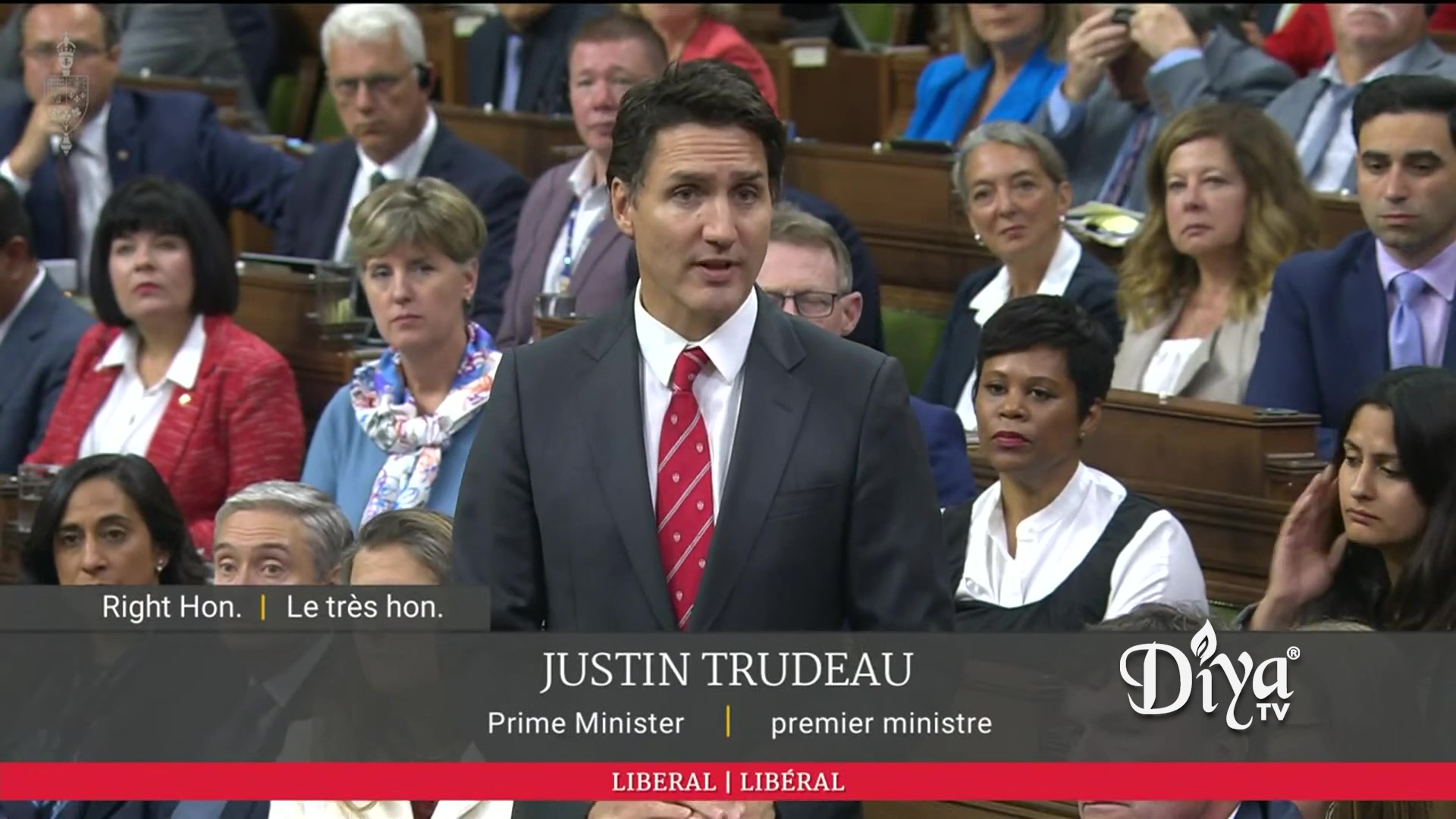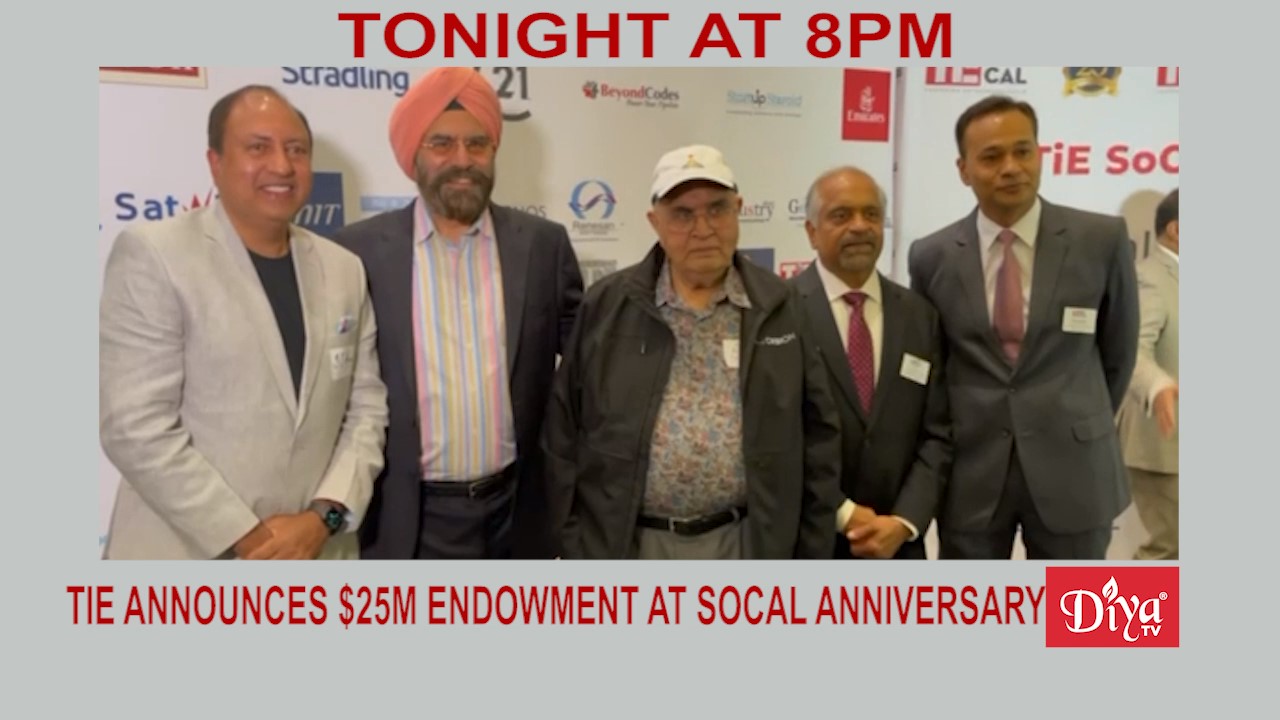
SAN FRANCISCO (Diya TV) — As Indian Prime Minister Narendra Modi announced his surprise decision to demonetize 86 percent of the country’s cash in the circulation, Vijay Shekhar Sharma attended a soiree hosted by Forbes in Mumbai.
Midway through the red carpet event, Sharma turned on his phone, which had exploded with calls and text messages from his office at Paytm, India’s largest e-wallet business.
The aftermath of the government’s decision, which was made to combat black money and corruption, was felt in the days that followed. Banks scrambled to replace the banned currency, Rs. 500 and 1,000 notes which represented 86 percent of India’s total cash in circulation. Indians stood in cues for hours, sometimes waiting for nothing at all when banks ran out of currency notes.
Overnight, Sharma’s Paytm, which allows users to pay bills online, became the default payment app for millions. The number of users jumped from 125 million to 185 million in just three months.
Sharma, the company’s founder, emerged as the undisputed “king of demonetization.”
However, Sharma’s celebrity status existed long before his Nov. 8 rise to power. He fields selfie picture requests at nearly every airport and hotel he steps foot into. Sharma has also been spotted spending time with the likes of Bill Gates, and is a case study for Harvard Business School students. His $8 billion company is the country’s official cricket team sponsor, a coveted tag for India’s billionaires.
“After my engineering degree, I could have easily got a job in America like so many people, but I dreamt very early of creating a Silicon Valley right here,” he told The Washington Post.
India is home to the third most internet users in the world, about 350 million, after the United States and China. Out of this India has created a new generation of internet millionaires heading successful e-commerce and tech start-ups.
His ambitious new payment bank will benefit the unbanked poor when it launches in April, he said. “I want to be the wealth manager for the auto-rickshaw driver dude.” His office has Che Guevara posters alongside Om signs. He drives a blue BMW, but when he travels, he does not just want the best flight option, he wants the cheapest.
“I have not forgotten the value of hard-earned money,” he said.
Sharma founded Paytm in 2011 but got his big break when the Chinese e-commerce giant Alibaba and an affiliate invested in it. Since 2015, Alibaba has invested more than $800 million in Sharma’s ventures, which include an e-wallet, a payment bank and an e-retail site. He now employs 17,000 people in 400 cites.
Information from the Washington Post contributed to this report.




